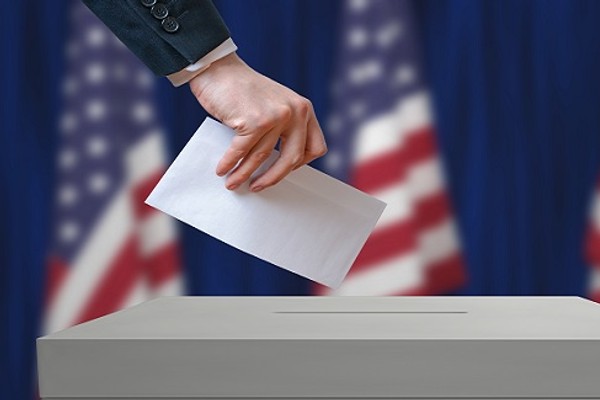Both unexpected results will have economic and market consequences that are, as yet, difficult to forecast. And both, interestingly, defied popular opinion in terms of what investors’ immediate reaction might be.
To be fair, the Brexit decision did result in a swift decline in share values, to be reversed once the likely effects of a lower pound on the profits of our largest quoted businesses came to be appreciated. Perhaps the Brexit experience accounted for the even shorter period of falling markets once the Trump victory became certain. Japan did close 5% down initially, but an early fall of 2% in our market translated into an even position within two hours and saw shares 1% higher by the close of business on the day of the election result.
It is the future that should concern us, though. The significance of this Presidential election should not be underestimated. Aside from the fact that, once again, the forecasting ability of the polling organisations has been called into question, US policy in a number of a reas is likely to see a major change in emphasis. For a start, the Republican Party now controls the legislature (Congress and the Senate) and the executive (the White House). They have the ability to appoint members to the Supreme Court, giving them predominance in the third area of democratic importance – the judiciary.
Concentrating power in this way need not be a negative. In the UK the executive and the legislature is usually under one party’s control, while our judiciary is fiercely non-political. In the US, having the executive and the legislature in separate camps can lead to paralysis of action. More important in the current scenario is that the legislature, while Republican controlled, comprises experienced political operators who may be able to temper the actions of an executive which lacks previous political experience.
The likely actions are, of course, the cause of the uncertainty that many believed would trigger the market sell-off which failed to materialise. Trade barriers, protectionism and a more isolationist America is what many fear will be the outcome of this election result. While President Trump will naturally feel obliged to honour some of the promises made to the electorate that precipitated him into the White House, extreme action is likely to drive the US – and the rest of the world for that matter – into recession, with quite the reverse outcome for jobs to that promised.
So while trade will become a trickier area, more spending on infrastructure (much needed in the US) seems a more likely route to pursue. Restrictions on immigration may also prove to be more of a headline issue, while actually being less of consequence on the ground. America has benefitted hugely from allowing skilled people into the country in economic terms for many decades.
Foreign policy is less easy to assess. It is telling that one of the sectors that benefit ted from this result was defence and aerospace as investors decided Europe may have to rely more upon its own resources in the future. Pharmaceuticals, too, enjoyed renewed demand as a Trump led White House was expected to be less hard on the drugs industry.
It will take time to really appreciate what the change at the top of the world’s most powerful nation will mean. Markets have probably got it right in avoiding a short term panic. We must hope that a new drive for growth in the US benefits us all.
10 November 2016
Trumped!
This year has been full of surprises. Who seriously thought we would be heading out of Europe ahead of June 24th? And who really expected the 45th President of the United States to be a billionaire property developer with strange hair?

Signs of economic improvement are emerging in the UK as inflation falls and consumer confidence stabilises.
How did JM Finn’s Investment Management Service portfolios perform in January?
Head of Investment Office Jon Cunliffe and Fund Manager James Godrich discuss the positive returns in equities and bond markets despite volatility.
If you like this article, follow us for more insights.
To receive more content like this subscribe today.


